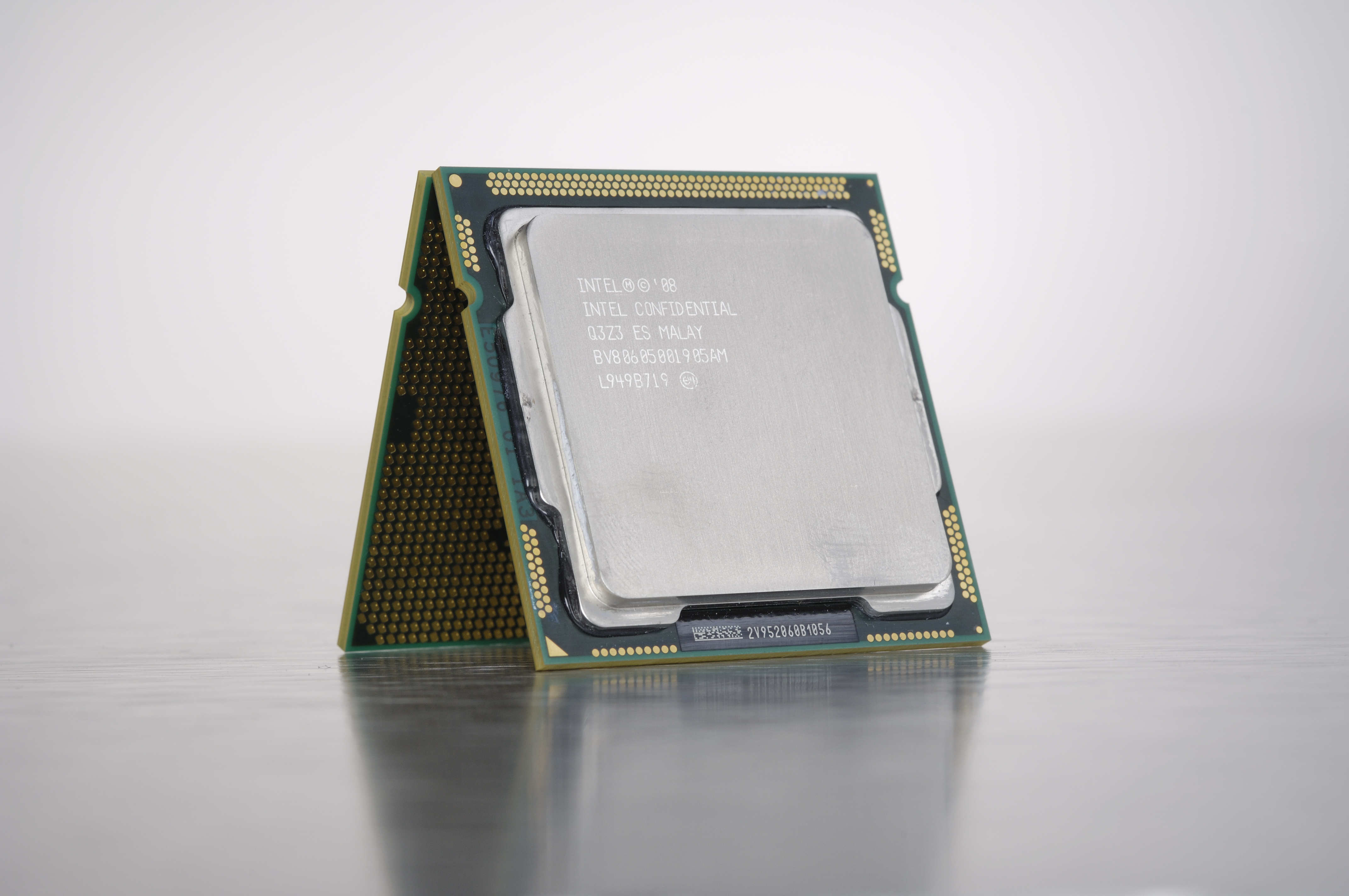Why you can trust TechRadar
Intel's Nehalem CPU architecture is simply the most advanced in the world. That's why a quad-core 2.93GHz chip like the Core i7 875K can take on AMD's fastest six-core effort, the 3.2GHz Phenom II X6 1090T Black Edition and win.
In multi-threaded applications, there isn't much in it. The Core i7 875K is just over half a frame per second quicker in our HD video encoding benchmark, for instance. Of course, with just four cores to the Phenom's six, the Intel chip is much more powerful on a core-for-core basis.
It's no surprise to find, therefore, that the Core i7 875K pretty much monsters the six-core Phenom processor in software that only generates a handful of truly CPU-intensive threads. That typically includes apps like games and file decompression.
However, there are plenty of much cheaper Intel processors with those very same cores. The Core i5 750 and Core i5 760 both essentially match the 875K for gaming grunt for over £100 less.
All of which means that the unlocked multiplier that comes with the K-series moniker had better deliver the goods. Unfortunately, it doesn't. That's not to say the 875K doesn't overclock with the best of 'em. If our test sample is anything to go by, you can expect frequencies in excess of 4GHz with an air cooler.
However, that speed is achieved courtesy of ramping up the baseclock, not twiddling the multiplier. That's because Intel's firmware adjusts the multiplier settings to manage thermals. Of course, the unlocked multiplier still adds flexibility. But it isn't the magic overclocking bullet you might expect.
We liked:
Intel's relationship with hardcore PC enthusiasts hasn't always been friendly. So it's great to see it making more effort by offering this moderately affordable processor with an unlocked multiplier. Moreover, like any Nehalem-class quad-core processor, all round performance is pretty epic.
We disliked:
In practice, the unlocked multiplier isn't much of a help when overclocking on air. For sure, it will help those crazies with cannisters of liquid nitrogen to hit headline-grabbing frequencies. But that's not exactly practical computing. In that context, the Core i7 875K looks a little pricey.
Verdict:
A nice addition to the range for enthusiasts, but not cost effective for ordinary punters.
Follow TechRadar Reviews on Twitter http://twitter.com/techradarreview
The TechRadar hive mind. The Megazord. The Voltron. When our powers combine, we become 'TECHRADAR TEAM'. You'll usually see this author name when the entire team has collaborated on a project or an article, whether that's a run-down ranking of our favorite Marvel films, or a round-up of all the coolest things we've collectively seen at annual tech shows like CES and MWC. We are one.
